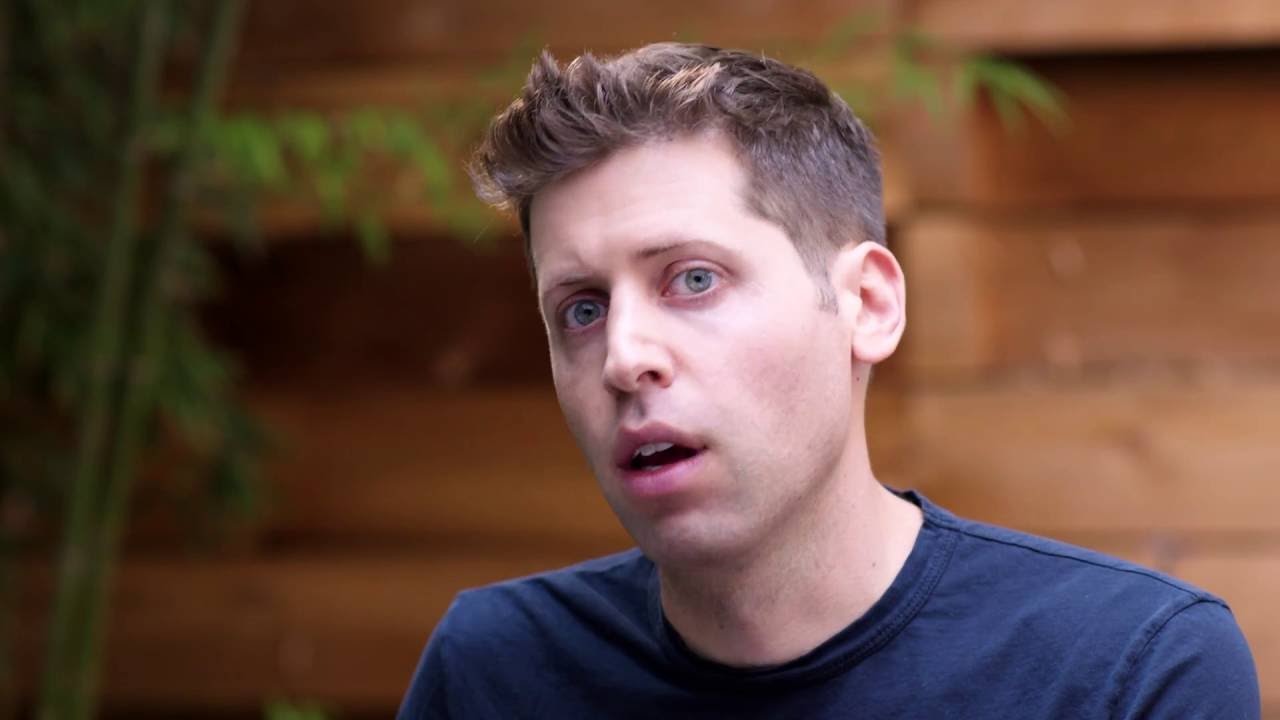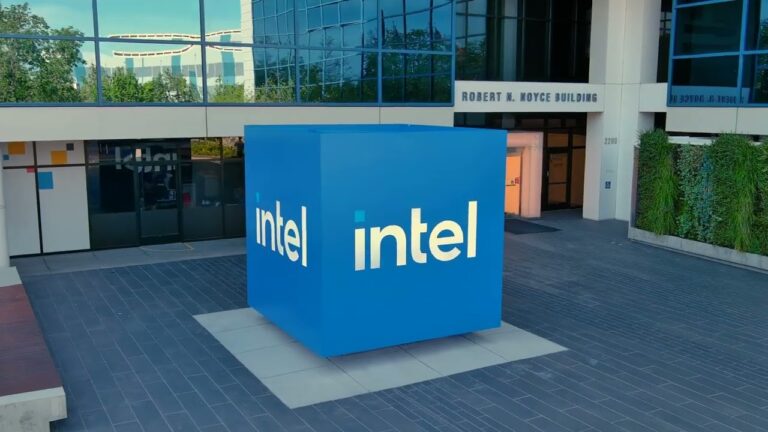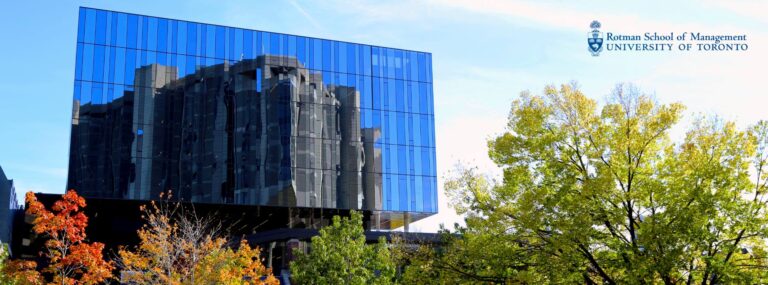The basic income study by Sam Altman, one of the largest ever conducted, has finally released its findings. Funded with $60 million, a part of which were Sam Altman own $14 million contribution, the study examined what happens when you give low-income people $1,000 a month for three years no strings attached.
In total, 3,000 people from Texas and Illinois participated in the study. They all had incomes below $28,000 a year. One-third of them received $1,000 monthly; another third received $500 monthly; and the final third served as a control group that wasn’t given extra money at all. Researchers then studied how the extra income impacted their lives.
The results showed that recipients spent the extra money on necessities such as rent, food and transportation. They also worked less but didn’t stop working altogether instead they remained engaged in job searches throughout the three years of the study, showing more forethought than their counterparts in the control group.
According to researchers: “Recipients had more agency to make decisions that worked best for their lives and to prepare for their futures everything from moving neighborhoods to expressing interest in new business ventures.”
Sam Altman Insights
Sam Altman CEO of OpenAI and one of Silicon Valley’s most influential figures launched this now-completed project last year by framing it as an urgent response to two historical inevitabilities: widespread unemployment caused by AI displacing millions upon millions of jobs; and society’s growing wealth inequality which is certain to be compounded if governments don’t intervene with remedial measures like unconditional cash transfers.
“You can take half of poor people’s income away right now,” he said at Y Combinator’s annual event in 2020. “You can make it illegal not to pay them double what you’re paying them right now. That does not solve poverty,” he added. “It just creates a different set of problems.”
Recipients of the payments in this new study, which more than doubled the previous world record for basic income sample size set by Finland in 2017, increased their spending on essentials each month by an average of $310. They also gave away significantly more money to others.
But there was no clear evidence that the $1,000 payments improved access to health care or overall physical and mental health. The first year showed significant reductions in stress, mental distress and food insecurity. But these benefits appeared to wane over time and vanish altogether by Year 3.
Participants’ savings jumped nearly 25% compared with members of the control group, according to the study’s authors. They were also roughly twice as likely to budget; twice as likely to attend school or other educational programs; three times more likely to take out a business loan; four times more likely to start their own business (which frequently failed); five times as likely to volunteer for community organizations; six times as likely not to go hungry; and seven times less likely to get evicted.
Employment rates among program recipients dropped during Year 2 before rebounding slightly during Year 3 but never catching up with those in the control group. However, income levels rose for both groups throughout all three years.
Universal basic income which Sam Altman has advocated alongside tech leaders such as Tesla CEO Elon Musk and Virgin Group founder Richard Branson involves giving every citizen direct cash payments without any conditions attached. This approach faces enormous political challenges, so many cities and states across America have tried guaranteed basic income programs instead, targeting low-income or otherwise vulnerable populations.
The study points out that while it helped with essential expenses like rent and financial stability overall it did not significantly impact healthcare access or improve mental health outcomes which suggests we need more investment in social services such housing.
Feedback from participants offered personal accounts of how the money affected them: Sarah said she used her checks for braces and a graduation trip for her four children; Cara, who has a debilitating nerve disorder, said the checks essentially saved her life by helping her pay off debts that had left her contemplating suicide; Celene said she was able to move out of a friend’s house and get back on her feet after losing everything in business bankruptcy thanks to what she called “the game-changer” of receiving those payments.
In conclusion, this $60 million study from OpenAI CEO Sam Altman provides valuable information about what can happen when low-income individuals are given extra money every month for an extended period of time. It shows that while cash transfers do help poor people meet their basic needs and save some money, they don’t appear to radically transform physical or mental health outcomes at least not beyond three years.




+ There are no comments
Add yours